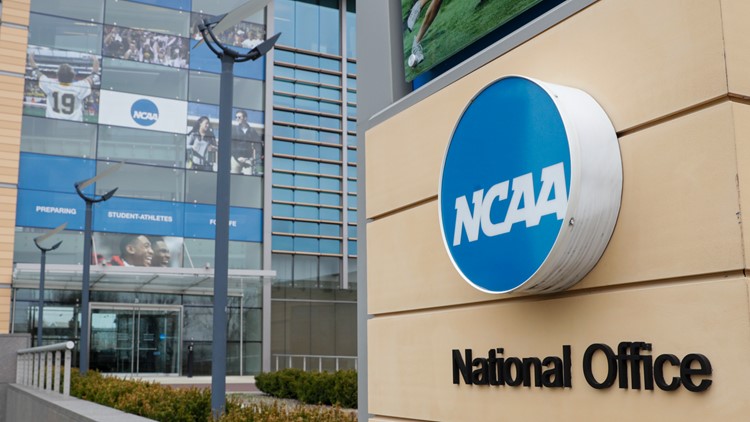New NCAA Rule Could Require Student-Athletes to Disclose High School NIL Deals

The NCAA is considering a new rule that would require incoming Division I athletes to disclose any Name, Image, and Likeness (NIL) deals they made in high school or junior college. This potential rule is part of the larger, recently approved House settlement, and it could change how you approach NIL opportunities before you even get to college.
Under the proposed rule, you would have to report all non-institutional deals you’ve had since the start of your junior year of high school. If you’re a junior college transfer, you’d have to report any deals you’ve made since you first enrolled. All of this information would be due to the College Sports Commission at the time of your enrollment.
This new rule is a direct response to the rapid expansion of high school NIL. At least 40 states now allow high school students to earn money from their celebrity status. The NCAA is trying to get ahead of the issue by making sure all deals are reported and checked for “fair market value.” The goal is to prevent pay-for-play deals, where a player is essentially paid to attend a certain school.
The consequences of not complying are still being determined, but you could lose your eligibility. While the NCAA wants to avoid overly harsh punishments for athletes, they are signaling that they are serious about enforcing these new rules. This means that if you are a high school athlete considering NIL deals, you’ll need to keep detailed records and be prepared to report them once you commit to a college.

